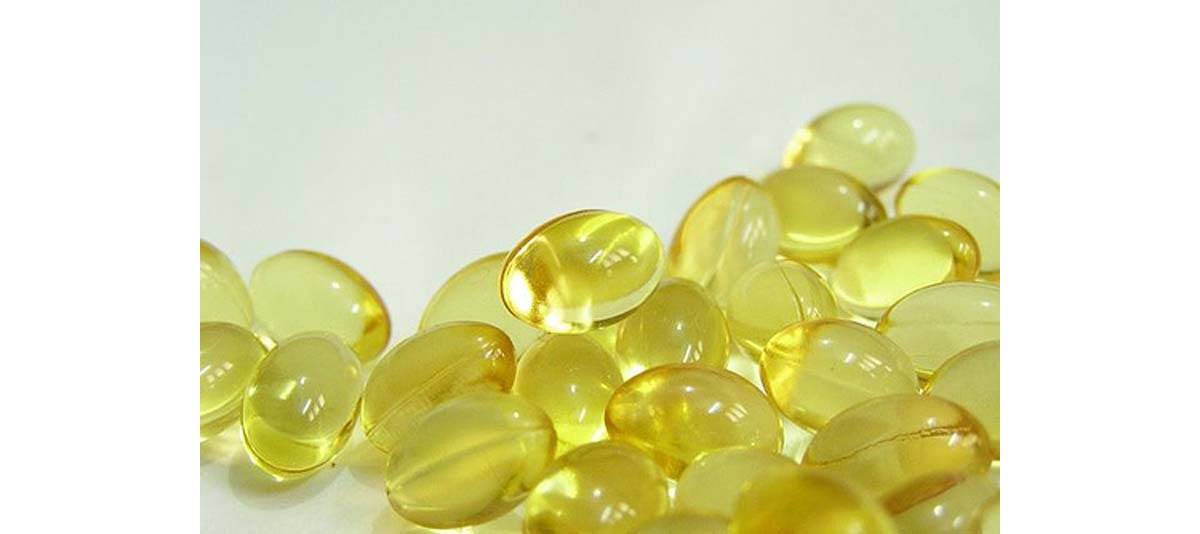DHEA, the body's building block for hormones also known by its chemical name dehydroepiandrosterone, is often promoted as fountain of youth. A new study warns us that claims for this product may be exaggerated
New Study Casts Doubts on Claims Made for DHEA
Natural products manufacturers tell us that DHEA can sharpen memory. It can, they tell us, restore appetite for sexual relations in both sexes and remedy erectile dysfunction in men. It supposedly prevents diabetes by regulating the body's use of insulin and prevents heart disease by regulating the use of cholesterol.
The body makes DHEA from cholesterol in the adrenal glands. Two of the enzymes that control the chain of reactions that convert cholesterol into pregnenolone and pregnenolone into dehydroepiandrosterone are also involved in detoxification. If there is a shortage of cholesterol, or if the enzymes are used up in detoxifying medications or environmental chemicals, then the adrenal glands may not be able to make enough DHEA to be turned into sex hormones.
The DHEA in supplements is actually a compound called dehydroepiandrosterone sulfate. The sulfate group allows DHEA to accumulate to levels 300 times higher in the bloodstream than normal. The dehydroepiandrosterone sulfate has to be broken down into active DHEA by another enzyme, a sulfotransferase, in the intestines, in the liver, or in the adrenal glands themselves. If this enzyme is "busy" with other metabolic functions, the body cannot use the supplement.
Since there are so many variables in how the body uses DHEA, it should not come as a surprise that not everybody gets the same results from taking DHEA. One of the first studies of DHEA and memory, for example, followed a small number of women for 2 to 4 weeks. In this small group, a majority enjoyed a benefit, so DHEA manufacturers began advertising their products as a memory booster. A study that followed 115 women for an entire year, however, found no such benefit.
Similarly, 10 studies have investigated DHEA as a tool for preventing bone loss due to osteoporosis. Most of them have found some benefit from taking DHEA. That does not mean, however, that osteoporosis is caused by a DHEA deficiency. It may help, or it may not, but there is no certainty that a disease will occur if the supplement is not taken.
Even if the benefits of DHEA are variable, is there any reason not to take the supplement as "insurance?"
Read More: DHEA - The Immune Hormone
The one class of DHEA users most likely to experience an undesirable side effect are pre-menopausal women who have PCOS, also known as polycystic ovarian syndrome. In these women the ovaries are stimulated by sugar to produce relatively high amounts of both estrogen and testosterone. The excess testosterone made in polycystic ovaries is made from pregnenolone which is made from DHEA. Taking DHEA simply "adds fuel to the fire" in the overactive polycystic ovary.
Otherwise, side effects from using DHEA are rare. But benefits are not certain.
- Davis SR, Panjari M, Stanczyk FZ. DHEA replacement for postmenopausal women. J Clin Endocrinol Metab. 2011 Mar 16. [Epub ahead of print]

